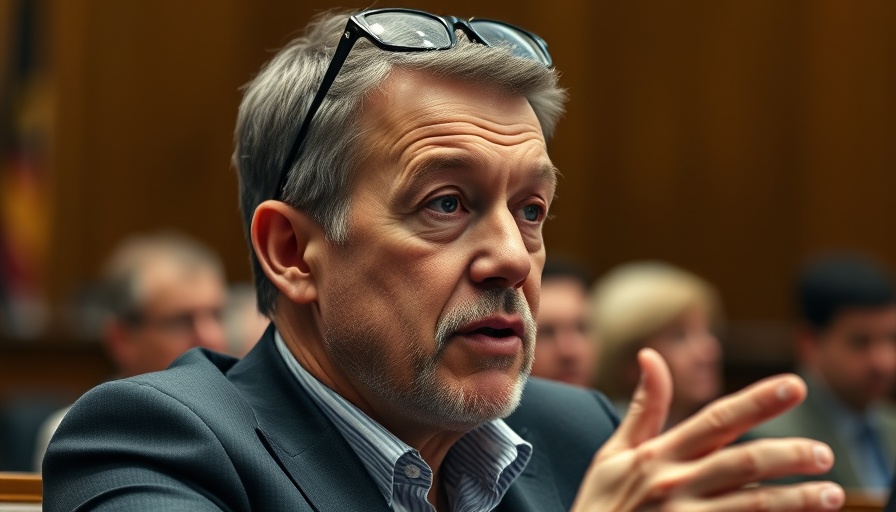
Jury Finds Consultant Not Guilty in AI Robocall Case
In a landmark case that has sparked widespread debate, a jury in New Hampshire has acquitted Steve Kramer, a political consultant, of all charges related to his use of artificial intelligence to generate robocalls mimicking President Joe Biden. The jury's decision, delivered on June 7, 2024, culminated in Kramer being found not guilty of 11 felony voter suppression charges and impersonating a candidate, each carrying serious legal ramifications.
The Controversial Robocalls
Kramer orchestrated robocalls that utilized an AI-generated voice to imitate President Biden's distinctive speech patterns just days before the New Hampshire presidential primary. The message sent out to thousands of voters instructed them to "save your vote for the November election," implying that participation in the primary would somehow jeopardize their ability to vote in the following general election. This controversial maneuver was construed as a potential threat to the legitimacy of the primary, which is typically revered as a significant predictor of national election outcomes.
A Dual Narrative: A Wake-Up Call or Deceptive Ploy?
During testimony, Kramer maintained that his intention was not to deceive but to raise awareness about the risks and lack of regulations surrounding the use of AI in political campaigns. He called the delivery of such misleading messages a "campaign against the integrity of democracy." His defense team argued that the Federal Communications Commission (FCC) had previously indicated that the calls did not meet the standards for voter suppression and additional nuances surrounding the Democratic National Committee's (DNC) involvement in the New Hampshire primary played a fundamental role in their strategy.
Impact of Technology on Election Integrity
This case underscores the critical intersection of technology and politics, especially as AI tools become increasingly sophisticated and accessible. Many experts believe that the outcomes of this trial could set significant precedents for how AI-generated content is regulated in the electoral process. As highlighted by New Hampshire Attorney General John M. Formella, the ongoing challenges posed by these technologies call for an ongoing commitment to fortifying election integrity.
The Broader Implications and Future Regulations
Despite his acquittal, Kramer still faces a potential $6 million fine from the FCC, following the agency's investigation into the legality of the robocalls. Notably, Lingo Telecom, the company responsible for broadcasting the message, has already settled to pay $1 million for their role in this incident. With the FCC in the process of developing new regulations surrounding AI use, there are pressing questions regarding how upcoming rules will balance innovation in campaigns with the need to safeguard democratic processes.
A Call to Action: Regulate AI in Political Campaigns
As election campaigns evolve with the advent of AI, voters and regulators alike must recognize the potential dangers involved. While Kramer’s remarks served as a call to action for better regulations in AI campaign usage, the community must participate in these discussions to understand the ramifications fully. It is vital for residents in and around Bakersfield, CA, and beyond to engage with policymakers about how to navigate this evolving landscape and ensure that democratic processes remain intact.
Final Thoughts: Voting Safeguards for the Future
The acquittal shines a light on the necessity for a well-informed electorate and the importance of clear regulations concerning the use of emerging technologies in elections. With the stakes higher than ever, it is essential for voters to communicate with their representatives and keep abreast of developments that could influence democratic participation.
 Add Row
Add Row  Add
Add 



Write A Comment